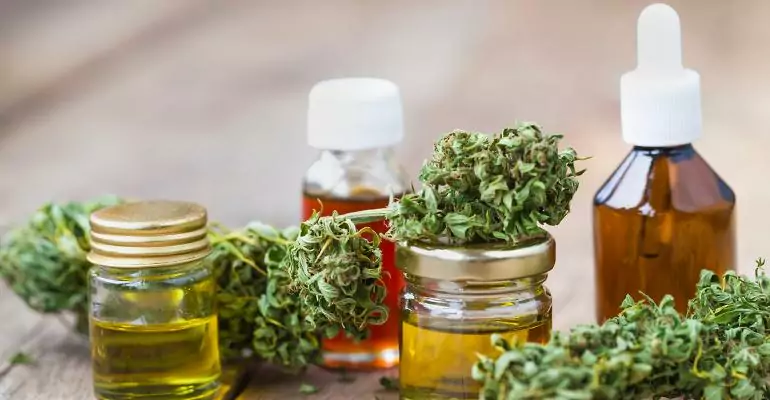
t’s true cannabidiol (CBD) is a drug. GW Pharmaceuticals went to great effort and expense to determine the clinical benefits of CBD. The specific, single-entity chemical is considered a drug because FDA approved it as one, and that is how the U.S. regulatory system operates. The regulatory system also renders items as drugs based exclusively on what is said about them. Cognitive dissonance occurs with different interpretations of the law, and this dissonance, while remaining unresolved, affords opportunity.
Harvesting CBD from hemp raw material (the botanical that was so much the focus of the passage of the Agriculture Improvement Act of 2018, otherwise known as the Farm Bill) is acceptable from a statutory perspective. Hemp products have recently passed through FDA review with a few specific new ingredients (not all) being considered GRAS (generally recognized as safe) for use in foods. The presence of CBD in hemp products additionally renders it consumed in conventional foods. The lack of objection to these hemp product GRAS notifications affirms FDA’s current determination regarding the safety of CBD and tetrahydrocannabinol (THC).
The question of whether this lack of objection extends to use in dietary supplements is a separate, open issue. Proper notification of CBD products as new dietary ingredients (NDIs) for use in dietary supplements is mandatory unless the article of food (hemp) has not been “chemically altered.” The current thinking from FDA is that just about anything is considered chemical alteration. The draft guidance on NDI notifications, issued in August 2016, clarifies this thinking regarding what results in chemical alteration.
Peak cognitive dissonance occurred when FDA Commissioner Scott Gottlieb, M.D., said in a Dec. 20, 2018 statement, “. . . it’s unlawful under the Federal Food, Drug and Cosmetic Act (FD&C) to introduce food containing added CBD or THC into interstate commerce, or to market CBD or THC products as, or in, dietary supplements, regardless of whether the substances are hemp-derived.” While FDA did not recently object to three GRAS notices for hemp products that contain trace amounts of both CBD and THC, it simultaneously stated its conclusions do not affect its position in an FDA Q&A on marijuana: It is a prohibited act under federal law “to introduce into interstate commerce a food to which CBD or THC has been added.” This is reminiscent of the similar agency view on the presence of lovastatin in products marketed as red yeast rice supplements and the related regulatory challenges it posed from years past.
Read The Full Article HERE




